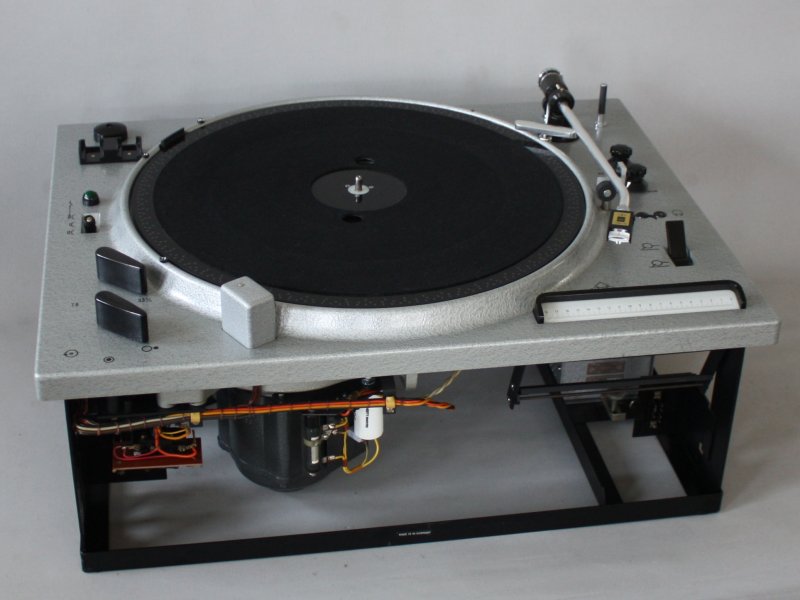I honestly have never gotten the sense that not yet available music can be accessed via streaming, but that's just my sense as I have no direct knowledge if you can since I don't stream
I'm not talking about music that is not yet available. I'm suggesting there is music that is available through streaming that is not on CD or on an LP record. I assume there is such.
Neither do I stream. I am talking about the arguments put forward to advocate for streaming. What is the case for it on its own merits, independently of some alternative format? We've heard various answers based on various views of what is important to the answerer. But it is really a choice and cannot be assessed without relative comparison. I assume that people who have spent money on streaming will praise it.











